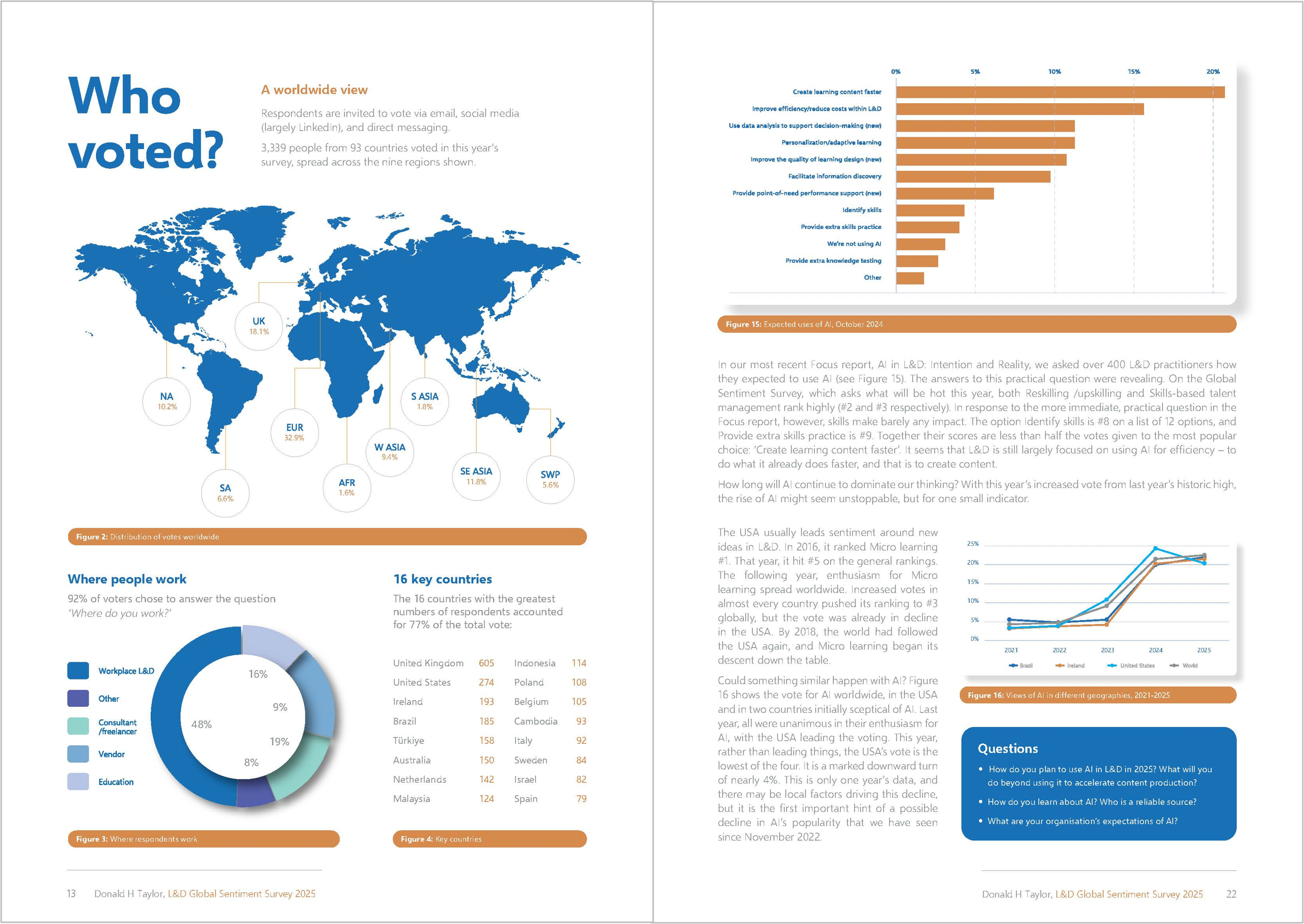Wiki yes. Wikipedia no.

I love our Wiki at work. We all do. Any questions about procedure or policies – from phones to fires to maternity leave – you consult the Wiki. You can also find out which skills frameworks are now in the InfoBasis library, which projects the dev. team are working on, when the next marketing event is and how to download the latest data files to your laptop. It’s all there.
In short, it’s a classic, if rudimentary knowledge repository and electronic performance support tool.
But I don’t like Wikipedia.
So why the contradiction? Here’s why: I trust my Wiki at work. I don’t trust Wikipedia. Why? Because if you publish rubbish on the InfoBasis Wiki, Duncan (or whoever gets there first) is going to let you know all about it. So before you publish, you’d better be sure of your facts, or you’ll be the laughing stock of your peers.
With Wikipedia there is no such disincentive.
Back in April, I re-wrote the Wikipedia entry on Skills Management (the existing piece was too brief, and too focused on training) and signed it Donald H Taylor. If anyone wants to debate the current entry, then in the Wiki spirit, I am happy to get involved and improve it. But more importantly, because my name is on the current piece, I have a high incentive to get it right in the first place. The same can’t be true for the original author, ‘Eaytjwr’.
And that’s the problem with Wikipedia – it’s full of inexpert, anonymous entries. Yes, I know about the research done by Nature, (although it’s not a Wikipedia slam-dunk) and I also know about the experts poll done by the Guardian. Check it out – if you’re looking at Wikipedia’s entry on Bob Dylan, you can be pretty sure that it’s accurate, but the entry on haute couture? Forget it. And the problem for the non-expert user is that you just don’t know which type of entry you’re going to get.
So, until Wikipedia is well-edited and written by named authors with some expertise, count me out.


